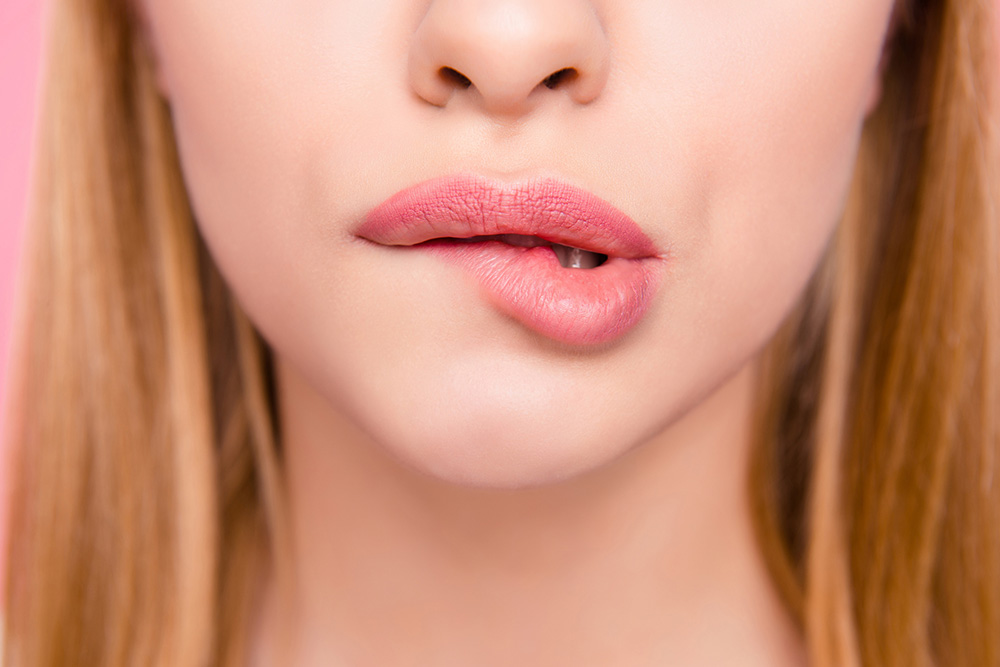Dangers Of Dry Mouth

Have you ever woken up to your mouth feeling dry or sticky?
Are you constantly sipping on water to combat the dryness in your mouth? Does your breath smell unpleasant? You are not alone; new statistics show 1 in 4 adults suffer from xerostomia. Before we go over the dangers of dry mouth, let us take a deeper look into what it is and what causes it.
Xerostomia, dry mouth, is the result of the body not producing enough saliva. Without saliva, patients are at a greater risk for cavities and gum infections like gingivitis and periodontal disease. With less than optimal saliva it is more difficult to taste, chew and swallow food.
What Causes Dry Mouth
Most Americans believe you just “get” dry mouth as you age but this is not exactly the case. Yes, geriatric patients do have a higher incidence of xerostomia. However, it is not because they are simply getting older, they are taking more medications which are directly linked to xerostomia.
Did you know there are over 500 medications that list “Dry Mouth” as a known side effect – including both over the counter and prescription medications. They reduce salivary function and flow, resulting in dry mouth, which is the primary cause of xerostomia.
Other health conditions and diseases have been linked to dry mouth including: Diabetes, radiation treatment for cancer, Parkinson’s Disease, Sjögren’s Syndrome and Scleroderma. Even mouth breathing and sleep apnea can cause dryness overnight, as well as, tobacco use and alcohol consumption.
Ways To Reduce Symptoms
- Over the counter saliva substitutes like Biotene oral rinse or moisturizing gel, Mouth Kote spray and Oasis Moisturizing Mouth Spray are great options to try first.
- Drink plenty of water throughout the day to stay hydrated.
- Try sugar-free products that contain xylitol like chewing gum and hard candies. Xylitol helps stimulate saliva and prevents cavities. Keep in mind some people have a digestive sensitivity to xylitol. It’s recommended to start with a small amount and see how you tolerate it.
- Ask the dentist about a snore guard to help reduce mouth breathing and snoring.
- Moisturize your lips with vaseline or chapstick.
- Moisturize the air in your bedroom with a humidifier overnight.
Sufferers of dry mouth should completely avoid caffeine, sugary beverages, alcohol, tobacco, antihistamines, decongestants, and acidic foods. These things can worsen dry mouth and cause more dental decay.
How The Dental Store Can Help
During your new patient comprehensive examination and at your preventive hygiene visit, our dentists and dental hygienists will perform a complete oral examination. They will review medications that could be contributing to dry mouth, ask questions about mouth breathing and review your medical history to determine if you are at risk or suffering from xerostomia. Your dental hygienist or dentist will then help you develop a plan to treat and manage your dry mouth.




